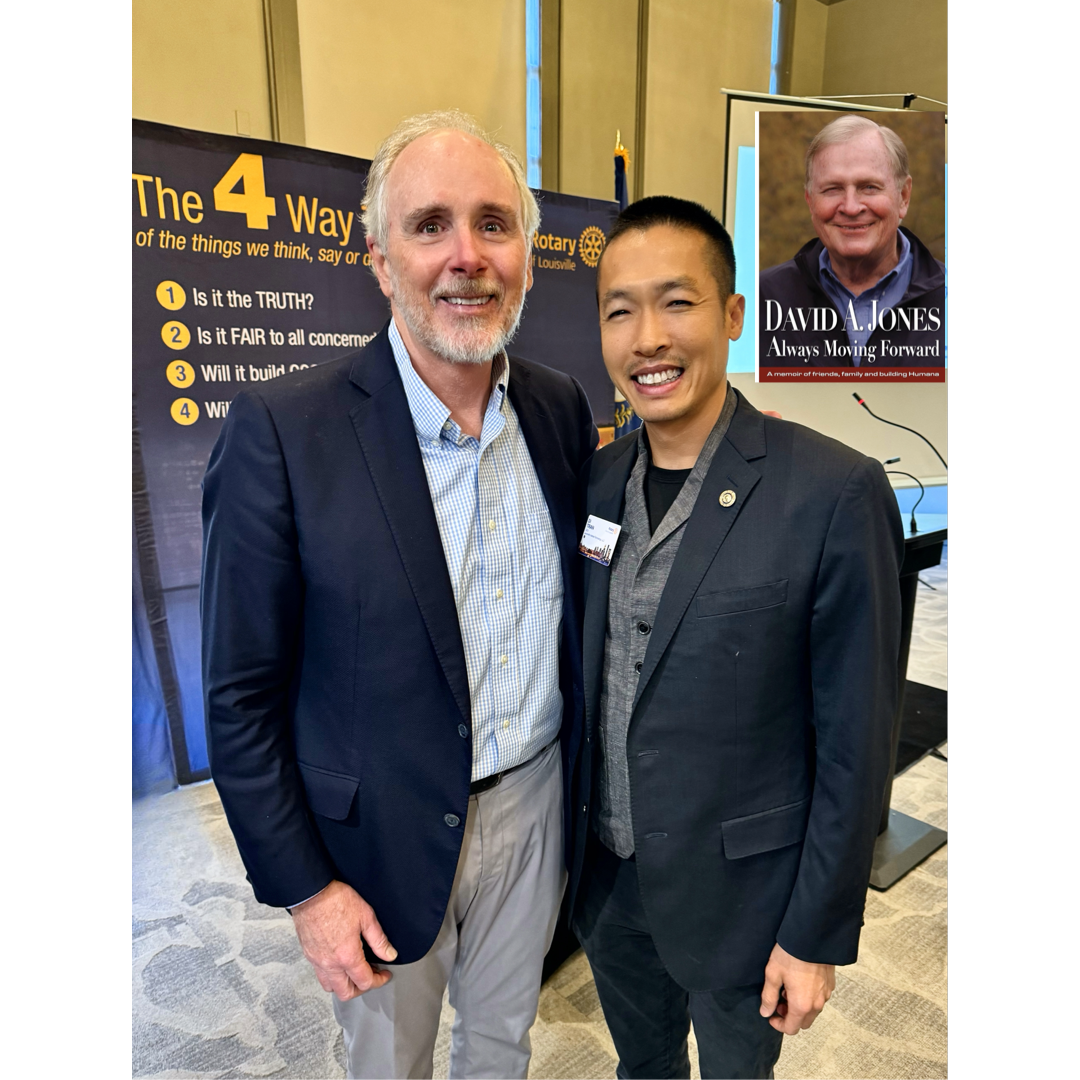In a compelling narrative of legacy and entrepreneurial spirit, David Jones Jr. presents his late father David Jones Sr.’s journey, an account that resonates deeply with listeners such as Di Tran. Tran, a small business owner who also ventured into authorship as a tribute to his own mother, finds a kindred spirit in Jones Jr.’s dedication to completing his father’s book.
David Jones Sr.’s story is one of a modest beginning, borrowing a mere $1,000 to build what would become Humana, a testament to the family-oriented business ethos that still permeates the company’s operations in Louisville. This same commitment to community and family values echoes in Tran’s business philosophy and his written work, “Drop the ME and focus on the OTHERs.”
Jones Sr. was a voracious reader, known for his wagonful of library books, and his proactive nature in applying learned knowledge is highlighted as a key to his success. This appetite for learning and immediate application is an inspirational takeaway for entrepreneurs like Tran.
The foundational pillars of education and faith were also pivotal in Jones Sr.’s life. His advocacy for public education, specifically the Jefferson County Public Schools, and the structured, community-centric environment provided by church attendance, were not just about religious doctrine but about instilling discipline, responsibility, and a sense of community in his children—values that have undoubtedly contributed to the family’s lasting impact on the business and philanthropic landscapes.
As Tran reflects on these learnings, the story of the Jones family not only honors the memory of a father but also serves as a beacon for current and future generations of entrepreneurs.
P.S. – In a moment of heartfelt gratitude, Di Tran approached David Jones Jr., extending a handshake filled with appreciation. “Thank you to your family, and Humana, for you made me who I am today—an American, an engineer which I was the principal software architect, holding the top ranking as an engineer and living the American dream right here in our proud Louisville, Kentucky,” he expressed, his words echoing the profound influence of the Jones family’s legacy on individuals and the community at large.



